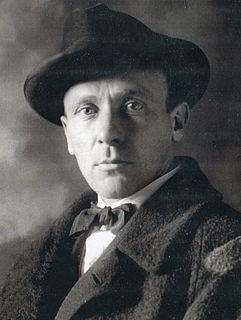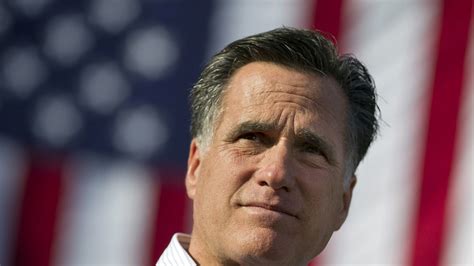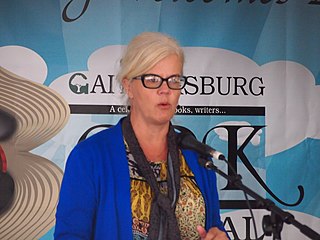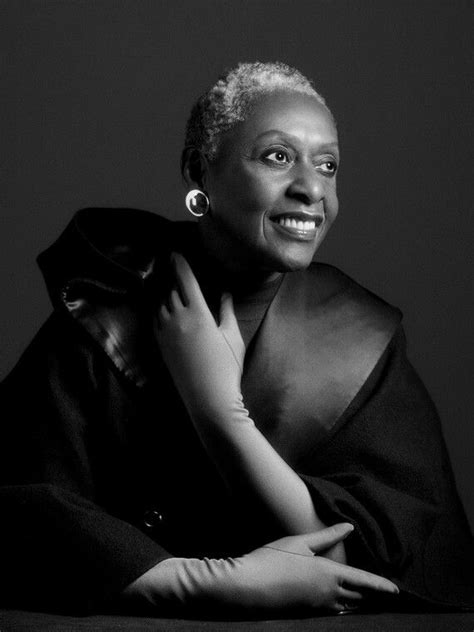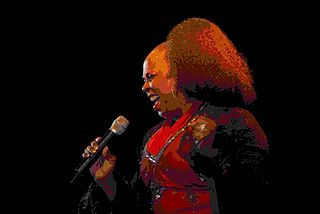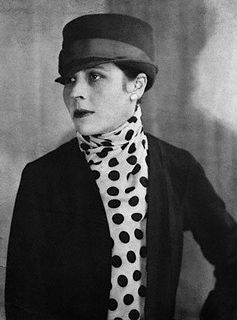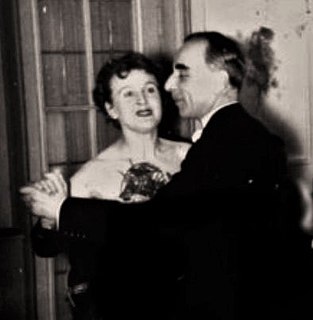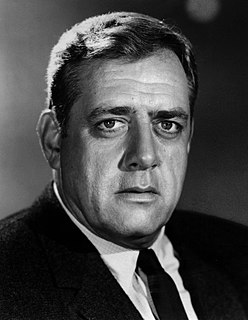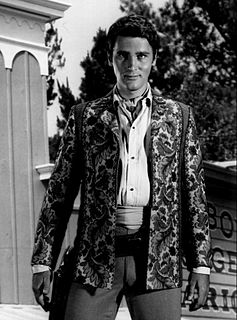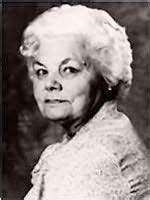A Quote by Mikhail Bulgakov
Once upon a time there was a lady. She had no children, and no happiness either. And at first she cried for a long time, but then she became wicked.
Related Quotes
My mother hid the struggle from us children. She complained about her salary, and she had a tough time. Although she became a headmistress, she still had to do a lot of sewing. The more I think about her, the more remarkable I realise she was. And she understood straight away when I said that I wanted to write.
She had been so wicked that in all her life she had done only one good deed-given an onion to a beggar. So she went to hell. As she lay in torment she saw the onion, lowered down from heaven by an angel. She caught hold of it. He began to pull her up. The other damned saw what was happening and caught hold of it too. She was indignant and cried, "Let go-it's my onion," and as soon as she said, "my onion," the stalk broke and she fell back into the flames.
Hillary Clinton was the first professional First Lady, the first feminist First Lady, the first First Lady from the '60s generation, the first First Lady who was the breadwinner in the family. A lot of America liked and admired that. Some other parts of America found that unappetizing and even kind of threatening. So she became a flashpoint simply for who she was.
I was the first person that had been so kind to Iman Abdulmajid. As time went on, and she became successful, signed with an agency, when she had to make big decisions, she wouldn't always talk to an agent, she'd ask me. I'd give her good advice and she'd be on her way. When I had ideas to do things like the Black Girls Coalition, I would always talk to her, she always loved my ideas. She trusts me.
She was nervous about the future; it made her indelicate. She was one of the most unimportantly wicked women of her time --because she could not let her time alone, and yet could never be a part of it. She wanted to be the reason for everything and so was the cause of nothing. She had the fluency of tongue and action meted out by divine providence to those who cannot think for themselves. She was the master of the over-sweet phrase, the over-tight embrace.
I'm quite sure it happened in Berlin too when Eva [Braun] stayed there later on. I wouldn't know about that because I was scarcely ever there myself. I don't want to suggest she was crying all the time, but then they had their arguments, she was very downcast until she had cried it through. It happened on occasion.
We went to the same college so I know [Hillary Clinton's] study habits, but when she was first lady of Arkansas, she did a lot of things already for children, and she was head of the Children's Defense Fund, and that's how I first heard her or met her, she was very very involved in really a very important social program to do something about children and women and education.
I once had a long relationship with a lady, and wherever I went in the world, if I saw something she would look great in, a gown or gloves or a ring, I always knew what color she liked most. I knew her size, what material she appreciated most, and I spent the whole time buying gifts for her. And I loved her very much.
She became politically conscious thanks to Studs Terkel and the radio. She started reading all the books we brought home from college and was a great fan of Noam Chomsky. She was a real lefty and yet was not able to meet her dream of becoming an artist. She got drafted into motherhood big time - seven kids - and that wasn't the life that she had planned. So she opened the path so that I could be the artist that she wanted to be.
She wasn't looking her best; her hair was coming down, for she had shed hairpins as she'd run, and her face lacked powder and lipstick. She looked hot and tired and surprisingly happy. He thought that he had never seen anyone quite as beautiful, so absolutely necessary to his happiness. It wasn't the first time he had fallen in love, but he knew that this was the last.
